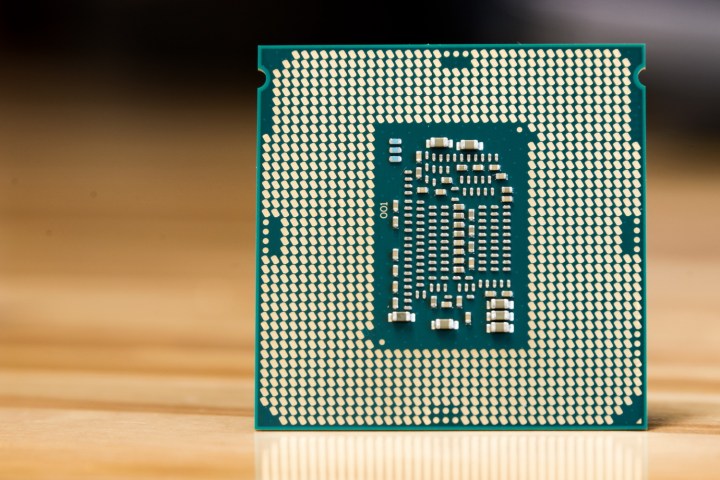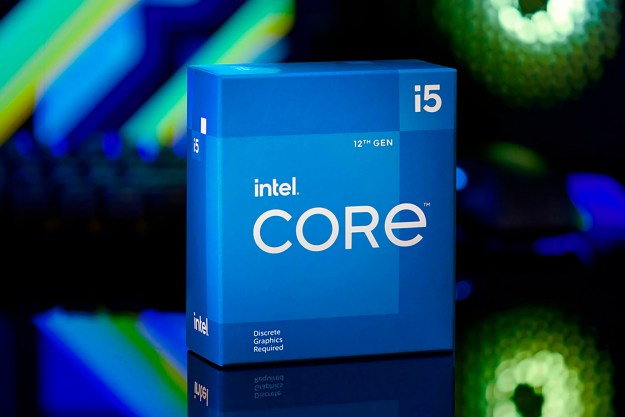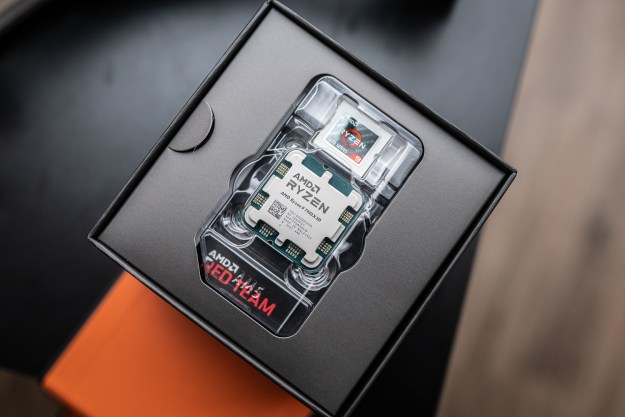
A new benchmark listing on the 3DMark website may be the first performance rating of Intel’s upcoming ninth-generation flagship CPU, the Core i9-9900K. Although far from confirmed by anyone in an official capacity and listed on the 3Dmark site as a “Genuine Intel CPU 0000” the eight-core, 16- thread CPU was able to deliver a result that was noticeably quicker than its last-generation predecessors and AMD’s Ryzen 2700X.
Months on from AMD’s release of second-generation Ryzen CPUs that continue to put pressure on Intel in most mainstream applications, anticipation is high for what Intel may be capable of with its ninth-generation CPUs. While not initially expected to offer a significant performance increase over the eighth -generation, the Core i9 CPUs in the range could be rather impressive if early results are anything to go by.
Paired up with an Nvidia GTX 1080 Ti and 16GB of DDR4 memory, the possible engineering sample 9900K achieved an overall score of 9,862 in the 3Dmark Time Spy benchmark. Its CPU score of 10,719 was even more impressive. As WCCFtech points out, this is 1,500 points higher than AMD’s Ryzen 2700X and 2,500 more than Intel’s own Core i7-8700K.
The newer Intel chip is said to hit a maximum turbo frequency of 5.0Ghz in the 3Dmark test which is 300 MHz faster than the 8700K is capable of when using a single core. When it spreads the load out, the Core i9 CPU features two more cores and four more threads than its eighth-generation counterpart. When compared with the Ryzen CPU, it’s 700MHz faster, though has the same number of cores and threads.
What should have Intel fans even more excited is that the Core i9-9900K could be even faster when it’s released. Its listed stock clock in the 3Dmark results was just 3.1GHz, while all reports so far point to the 9900K having a base clock of 3.6GHz. With a soldered core too, the cooling, and therefore overclocking potential, are far greater with the top ninth-generation Intel CPU than most new chip releases.
We’ve already seen what specialized binning can do to Intel’s best CPUs, so if buyers of Intel’s upcoming 9900K get lucky, they might be able to make 5GHz across all cores a reality.
Intel’s ninth-generation CPUs are expected to debut before the end of the year.
Editors' Recommendations
- Nice try, Intel, but AMD 3D V-Cache chips still win
- Intel CPU gaming crashes are causing an uproar
- I tested Intel’s new overclocking tool, and it does AI all wrong
- I tested Intel’s Core i5-14600K against its cheaper sibling. Don’t waste your money
- It’s the end of an era for Intel





